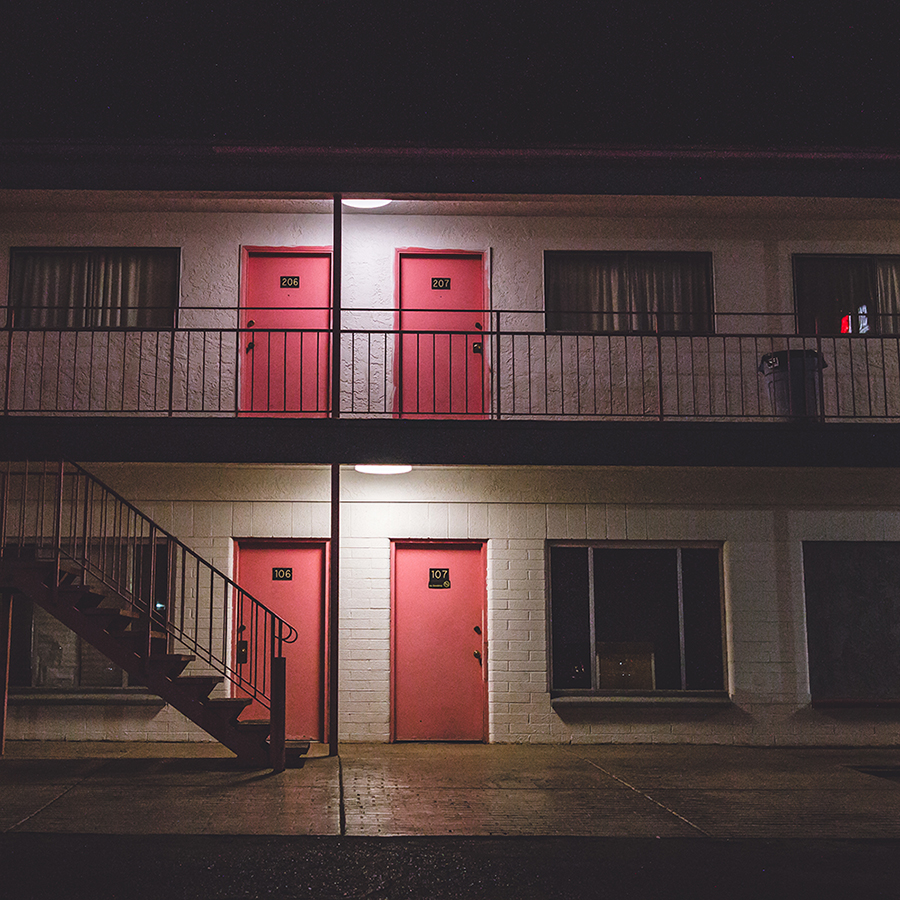The City Council, operating as if in bubble that can’t be penetrated by real-world economic behavior, voted on May 23 to hike the minimum wage for hotel and airport workers from the current $17.28 (due to rise to $17.81 on July 1) for all workers to $30.
If the raise is signed by Mayor Karen Bass – more “when” than “if” – the rate goes up to $22.50 this summer, growing by $2.50 annually over three years to reach the $30 mark. Los Angeles hotel and airport workers will also be handed a new $8.35 per hour health care payment, which will begin in July of next year and make the effective minimum wage $38.35 an hour.
Good news for those who will see their wages rise, probably more than 20,000. Not so much for those who won’t be among the chosen few.
Minimum-wage increases not only cause employment loss, they hurt consumers, as well. A number of hotels, at least eight, according to the local news, said before the ordinance passed that they would “back out of the room block agreement” they had entered into “to provide discounted rooms for the 2028 Olympic Games.”
Mark Beccaria of Hotel Angeleno, one of the hotels that is part of the deal “considered vital to accommodating the influx of tourists and personnel expected during the Olympics,” said that “common sense says you cannot raise wages over 30% in less than a year when revenue is flat.” But then common sense is scarce in California policymaking circles.
Under the weight of a continually rising minimum wage, the four-star Hotel Angeleno could “be forced by the city to consider converting this hotel in the heart of residential Brentwood into a homeless shelter,” says Beccaria.
Sun Hill, which manages the nearly 500-room Hilton Los Angeles/Universal City, left no “maybes” on the table. The company said it “absolutely will be pulling out of the room block for the Olympics.”
Councilman John Lee from the northwest corner of the San Fernando Valley was one of three council members who voted against the measure. He said last year when he and his colleagues were considering the proposal that they would take “an ax to the local economy.” Knowing that he would be outvoted again in May, he tried to limit the damage by raising the minimum hotel size of those that will be affected from 60 to 150 rooms. He was rebuffed.
It was also at that time that Chad Maender, president and CEO of the LAX Coastal Chamber of Commerce, warned the council that the “ordinance will have a crippling effect beyond just the hotels and LAX.” It just isn’t “thoughtful,” he said, particularly when “tourism, aviation and hospitality have not fully recovered to pre-pandemic levels.”
Los Angeles City Councilwoman Monica Rodriguez made a practical argument after the vote, explaining that “while the intent may be well-meaning,” she opposed the hike because “the execution lacks fiscal foresight.” Imposing “a significant wage and health benefit increase overnight that will inevitably result in higher hotel rates, reduced hours for hotel workers, and job losses,” she said, and not only in the hotel sector, “but across businesses that rely on tourism: restaurants, retail, attractions, and our struggling commercial corridors.”
As she had in December, Rodriguez cautioned her colleagues about taking “a path to having the highest-paid unemployed workforce in the country, where wages go up, but job opportunities disappear because we failed to think through the economic impact.”
Similar warnings have been raised for decades – and right up until the moment the council made its decision. The Center for Union Facts bought a full-page ad in the California edition of USA Today one day before the May 23 vote.
“The city’s hospitality industry is already in crisis, losing 11,000 jobs last year,” the ad read. “This new proposal will kill more jobs and raise costs for visitors.”
Policymakers were warned. It didn’t matter.
Kerry Jackson is the William Clement Fellow in California Reform at the Pacific Research Institute and co-author of The California Left Coast Survivor’s Guide.


